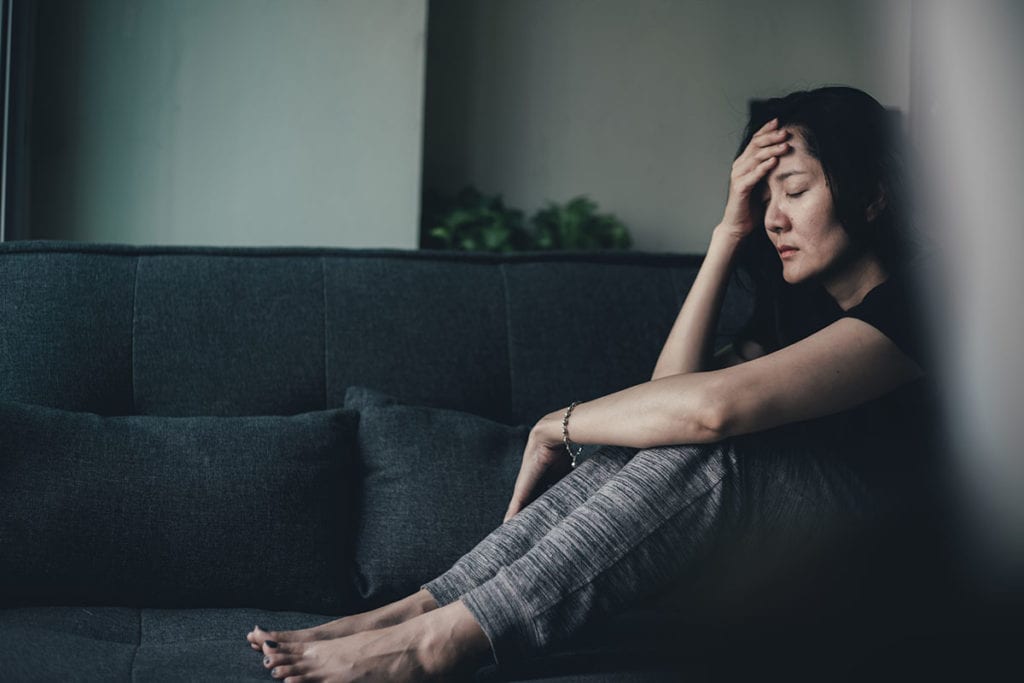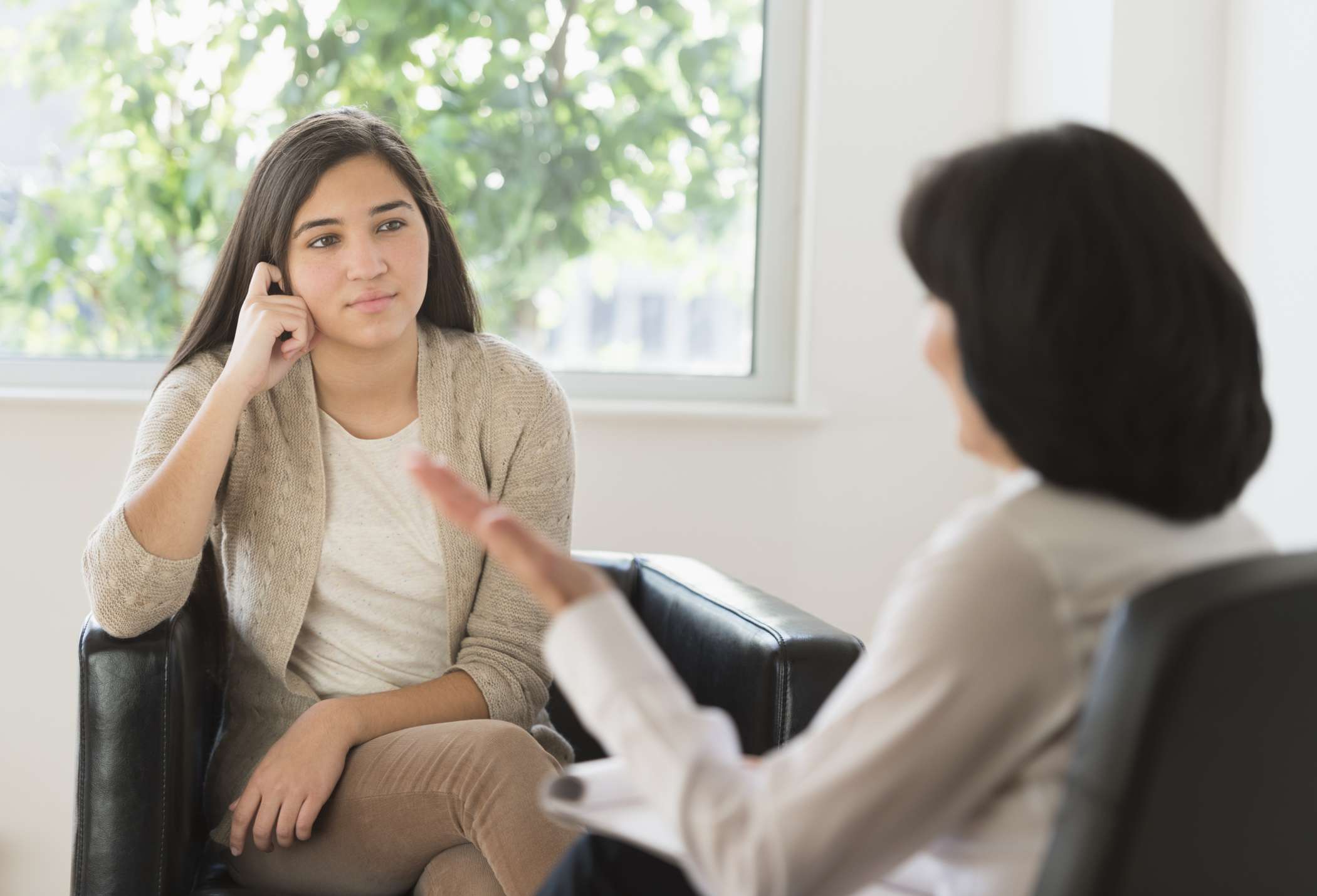Depression is a mental disorder that affects millions of people around the world, including women. It is a common and debilitating condition that can have serious consequences on a woman’s mental, physical, and emotional well-being. It can impact their daily life and make it difficult for them to carry out normal activities, interact with others, and experience enjoyment.
Symptoms of Depression in Women
Depression in women is a complex illness that can manifest in a number of different ways. Some of the most common symptoms of depression in women include:
Feelings of sadness and hopelessness – Women with depression often experience a persistent feeling of sadness and despair, which can be difficult to shake. They may feel hopeless about their future and that nothing will ever get better.
Loss of interest in daily activities – Women with depression often lose interest in the things they once enjoyed, such as hobbies, social activities, and sex. They may feel like they have no energy or motivation to do anything.
Difficulty sleeping – Women with depression often have trouble sleeping, either because they can’t fall asleep or they wake up frequently during the night. They may also feel exhausted during the day, which can make it difficult to carry out normal activities.
Changes in appetite – Depression can cause changes in a woman’s appetite, either leading to overeating or loss of appetite. This can result in weight gain or loss.
Physical symptoms – Women with depression may experience physical symptoms, such as headaches, digestive problems, and muscle aches, which are often unresponsive to treatment.
Irritability and anger – Women with depression may feel easily frustrated and irritable, and may lash out at others, even if they don’t mean to.
Difficulty concentrating – Women with depression may have trouble focusing on tasks or retaining information, which can make it difficult for them to carry out normal activities or succeed at work or school.
Thoughts of self-harm or suicide – Women with depression may have thoughts of harming themselves or ending their own life, which is a serious and life-threatening symptom that requires immediate attention.
Treatment for Depression in Women
The good news is that depression is treatable, and there are a number of effective treatments available for women who are struggling with this condition. Some of the most common treatments for depression in women include:
Medication – Antidepressant medications, such as selective serotonin reuptake inhibitors (SSRIs), are often prescribed to treat depression in women. These medications work by balancing the levels of chemicals in the brain that regulate mood and emotions.
Psychotherapy – Talking with a therapist or counselor can be a helpful way to treat depression in women. Cognitive behavioral therapy (CBT), which focuses on changing negative thought patterns, and interpersonal therapy (IPT), which helps women identify and work through relationship problems, are two commonly used forms of psychotherapy for depression.
Lifestyle changes – Making changes to a woman’s lifestyle can also be helpful in treating depression. This may include getting regular exercise, eating a healthy diet, and getting enough sleep.
Support groups – Joining a support group can provide women with a sense of community and help them connect with others who are going through similar experiences.
Complementary and alternative therapies – Some women find relief from depression through complementary and alternative therapies, such as acupuncture, massage, and meditation.
Conclusion
Depression is a serious condition that affects millions of women around the world. It can impact a woman’s mental, physical, and emotional well-being, making it difficult for her to carry out normal activities and experience enjoyment

 Home
Home Health
Health Diet & Nutrition
Diet & Nutrition Living Well
Living Well More
More












